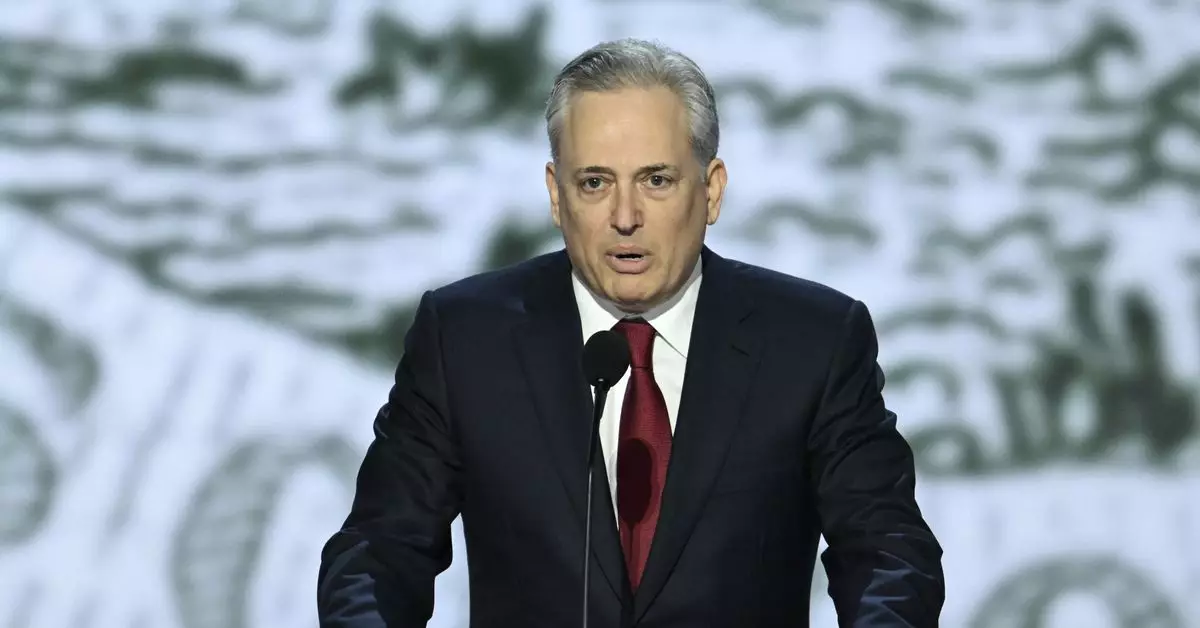In a surprising turn of events following the recent presidential election, Donald Trump has announced the appointment of David Sacks, an established figure in the tech world, as the “White House A.I. and Crypto Czar.” Sacks is not only known for his entrepreneurial ventures but also for his deep connections within the tech ecosystem, including a notable history with PayPal. His new role signifies a strategic pivot towards ensuring American leadership in the burgeoning fields of artificial intelligence and cryptocurrency.
The selection of Sacks can be seen as a move to solidify Trump’s administration’s focus on technology as a centerpiece of economic growth and innovation. As a co-host of the All-In Podcast and a prominent voice in venture capital, Sacks brings a wealth of knowledge and connections that could be vital in shaping pivotal policies. The move follows a similar appointment of Elon Musk, another innovator from the PayPal founding lineage, who continues to play a significant role in guiding governmental efficiency. Both appointments reflect a trend of integrating influential tech players into the fabric of public service.
Sacks’ newly minted responsibilities are extensive. He is charged with formulating a clear policy agenda that positions the United States as a dominant player in both artificial intelligence and cryptocurrency markets. Trump asserted that Sacks would be instrumental in safeguarding free speech online, a critical concern amid ongoing debates around the influence of big tech companies. The goal is to carve out a legal framework that not only provides clarity to the cryptocurrency industry but also fosters its growth—essentially creating an environment where innovation can thrive without excessive regulation.
A notable aspect of Sacks’ role involves addressing issues related to Big Tech bias and censorship, which have become increasingly contentious topics in recent years. The administration appears set on challenging the established norms regarding how technology firms govern content on their platforms and ensure that user rights are protected. This is particularly relevant as public trust in these entities wanes, and there is a growing call for transparency and fairness in digital communication.
Trump’s decision to appoint Sacks also underscores a broader narrative of how innovation needs to be balanced with regulation. As the government navigates this duality, it will be crucial for Sacks to develop policies that encourage technological advancement without stifling it under bureaucratic red tape. The creation of the Presidential Council of Advisors for Science and Technology could serve as a platform for uniting expertise from various sectors to guide this mission.
David Sacks’ appointment as the White House A.I. and Crypto Czar marks a significant shift in how the Trump administration plans to engage with technology and digital economies. It heralds a commitment not only to fostering innovation but also to ensuring that these advancements align with American values of freedom and fairness. Moving forward, the success of Sacks in this role will be closely monitored as he attempts to navigate these complex landscapes of innovation and regulation.


Leave a Reply